RE in our school
In each class, the children learn about specific RE topics of work alongside work that links with our current Assembly theme, on one of the Christian values. Each class displays these activities as well as in their classrooms and other display areas such as the school hall. For further details on the topics studied in each class, please refer to Class specific pages or to the RE curriculum section of the website by clicking here:
Each term we examine a different Christian Value.
Autumn 1: Friendship
![17 Christian Friendship Quotes [And 7 Steps To Be a Life-Long Friend] - Pray With Confidence](https://i.pinimg.com/474x/14/58/dd/1458dd541e0c4536acfae97e55094506.jpg)
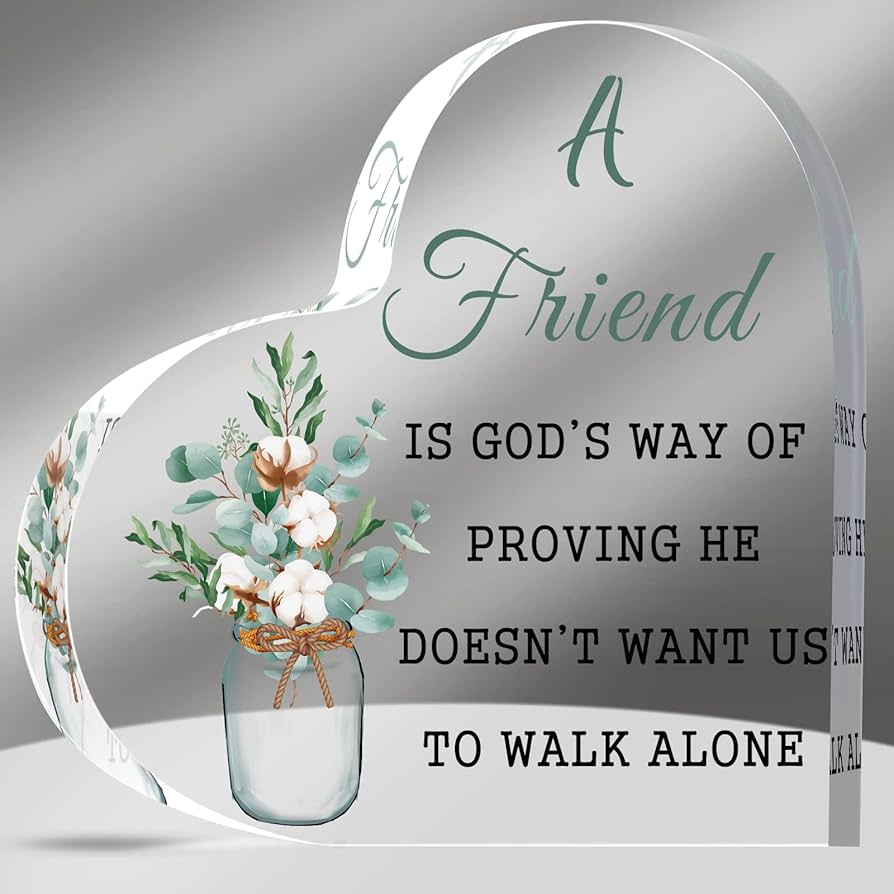
:max_bytes(150000):strip_icc()/SL_BIBLE-VERSE_FRIENDSHIP_021-70e2b3debbdb4ce388bb14aba6aa525d.jpg)
As Christians we believe that we can call God our friend because of the relationship made possible through Jesus.. We will be reflecting on how we support and include pupils who might be left out of friendship groups, how we help to restore broken friendships and how we can help children know where to go for advice and support if needed.
Autumn 2: Service
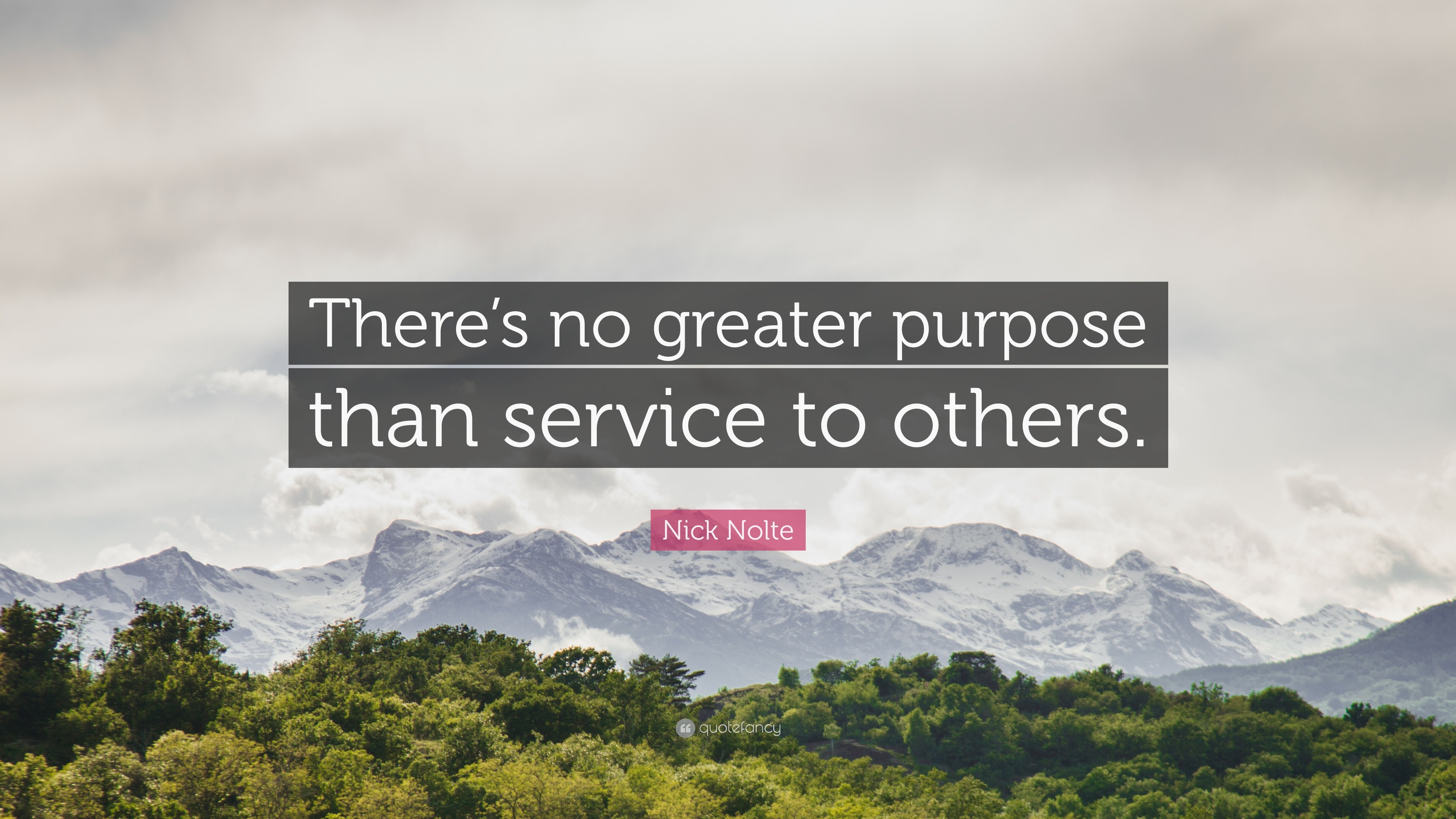

Jesus exemplified in his person, ministry and relationship with God, what it was to be called the "servant king." As Christians we believe it is our calling to follow Jesus' example and that through serving God in others perfect freedom will be found. We will consider how our pupils are encouraged to serve each other, how we can serve the wider community and how we show appreciation and gratitude to those who serve us.
Spring 1: Truthfulness


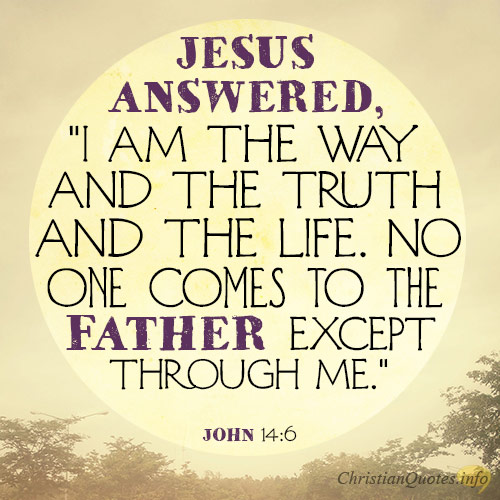
Christians believe that truth is revealed in the Bible and that through the teaching of Jesus we are given insight into the nature of God and the way he wants us to live. We will be look at the concept of being true to oneself and standing up for our own beliefs and how we equip our children to make informed choices.
Spring 2: Compassion



Christians believe that their attitudes and actions must reflect the kindness, mercy and compassion of Jesus and the love for everyone. We will consider how we as a school community show kindness and respect to one another. We will also look at how we foster links with charities for those in need, such as collecting for the local food bank. We will look at how new members of our community are nurtured and supported.
Summer 1: Justice


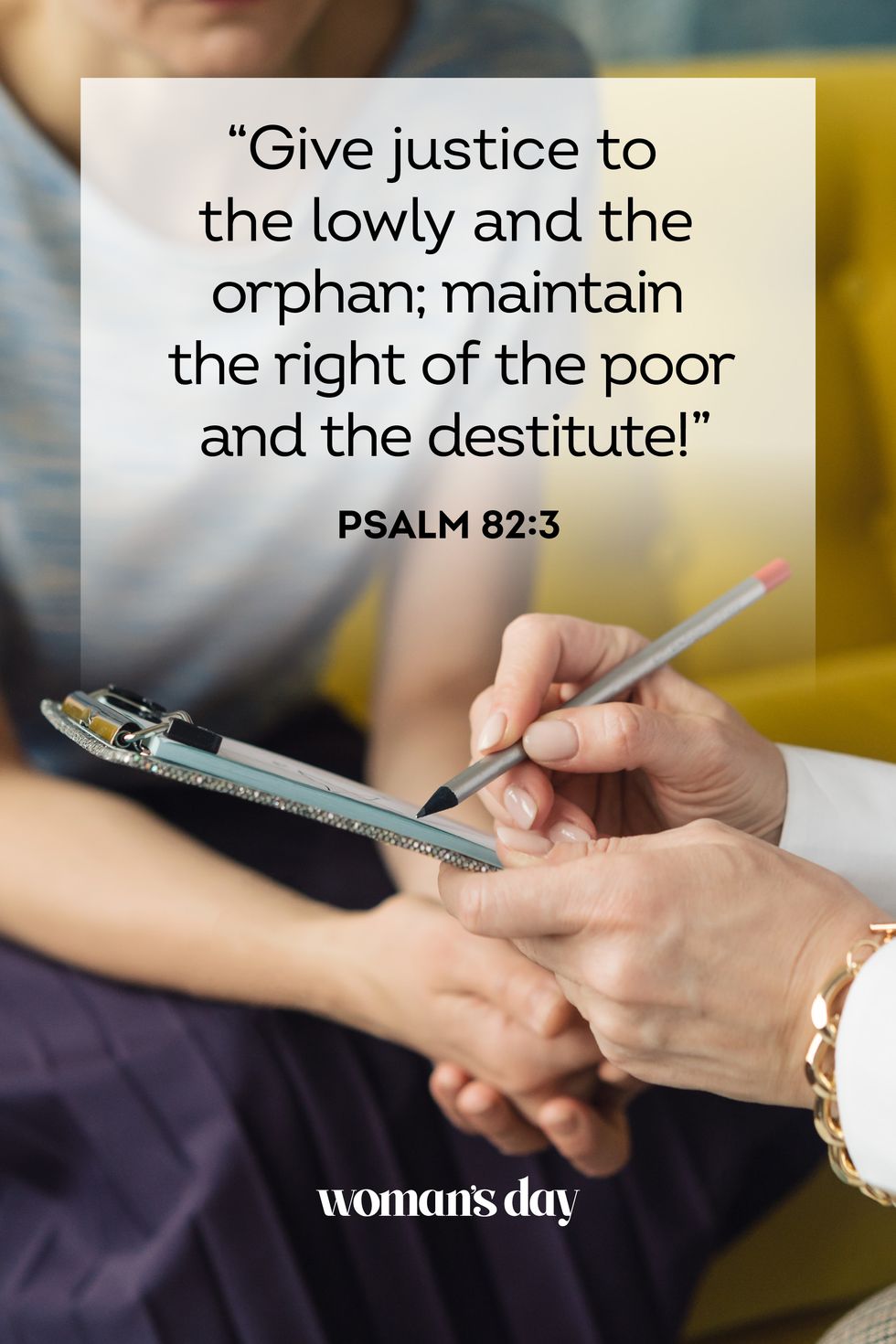
Summer 2: Perseverance
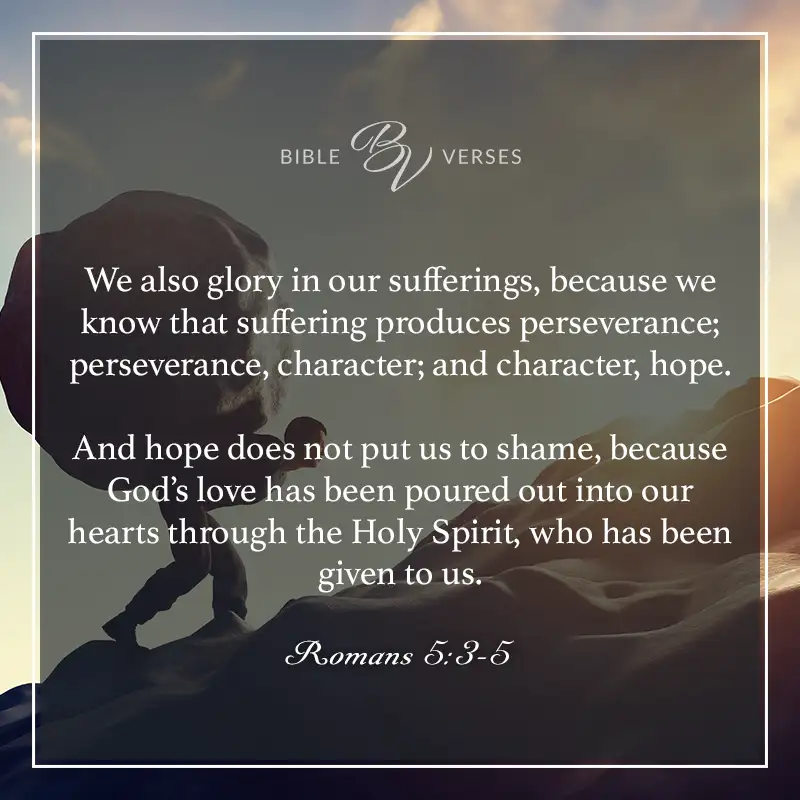
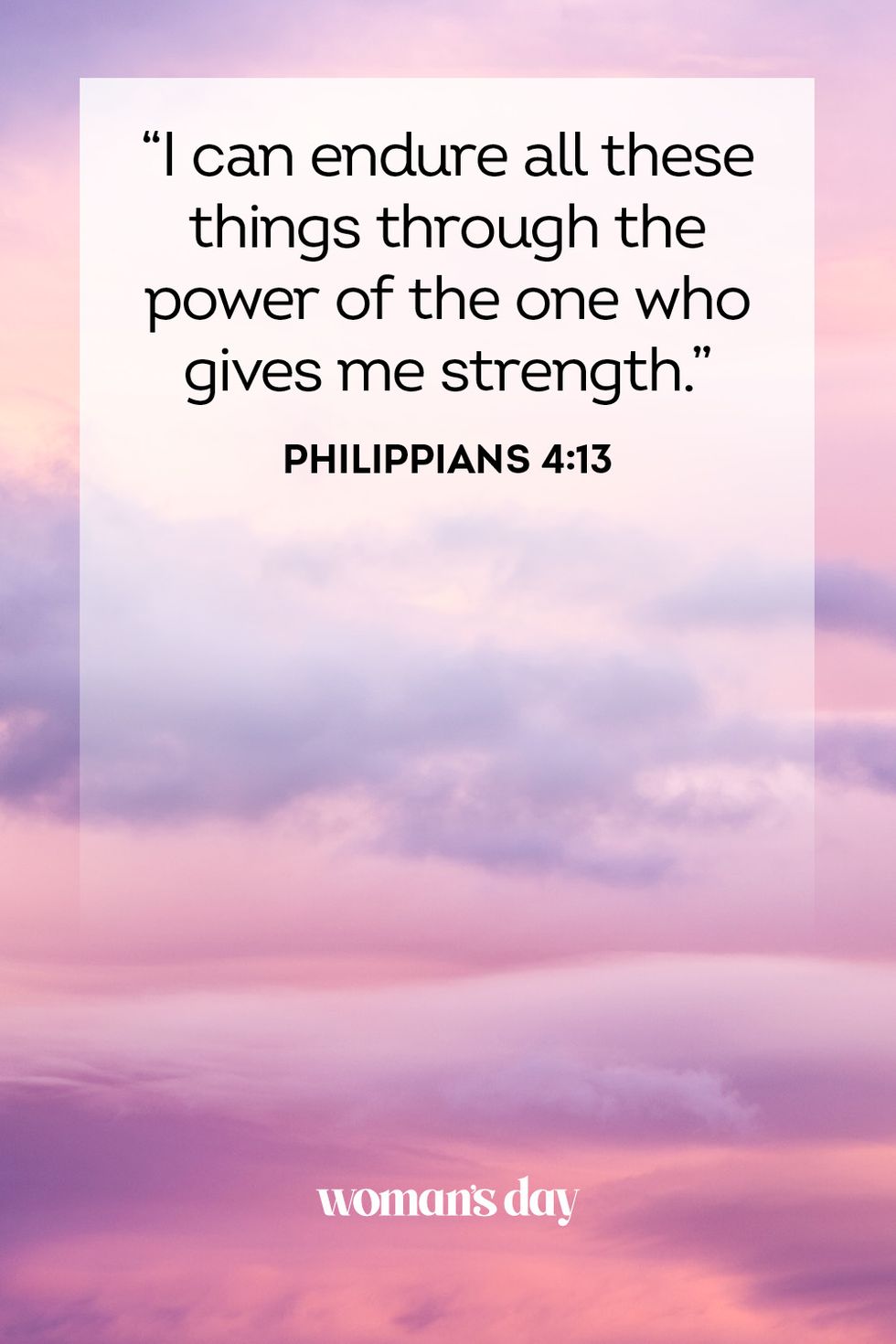

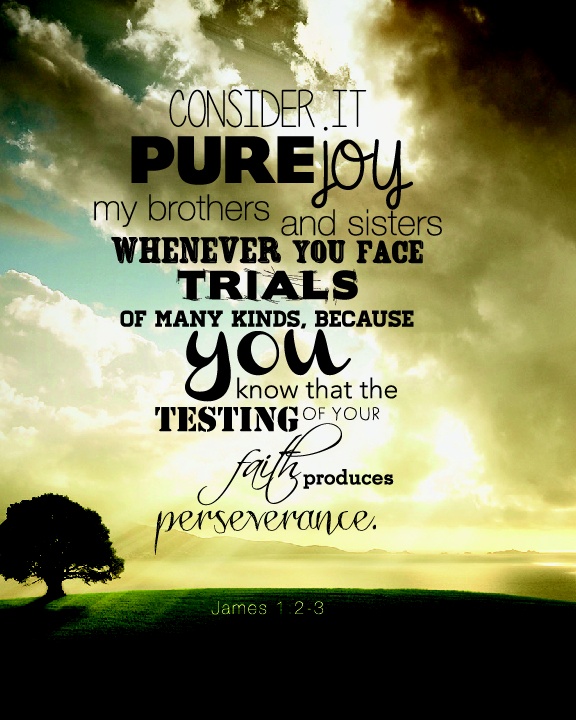
Jesus encouraged his disciples to endure patiently the difficulties they encountered and to persevere in the face of adversity. He himself trusted in God even when his enemies tried to stop his work and plotted his death. We will consider how our pupils are encouraged and given skills to persevere through difficult times and to become resilient.
Mission Statement

